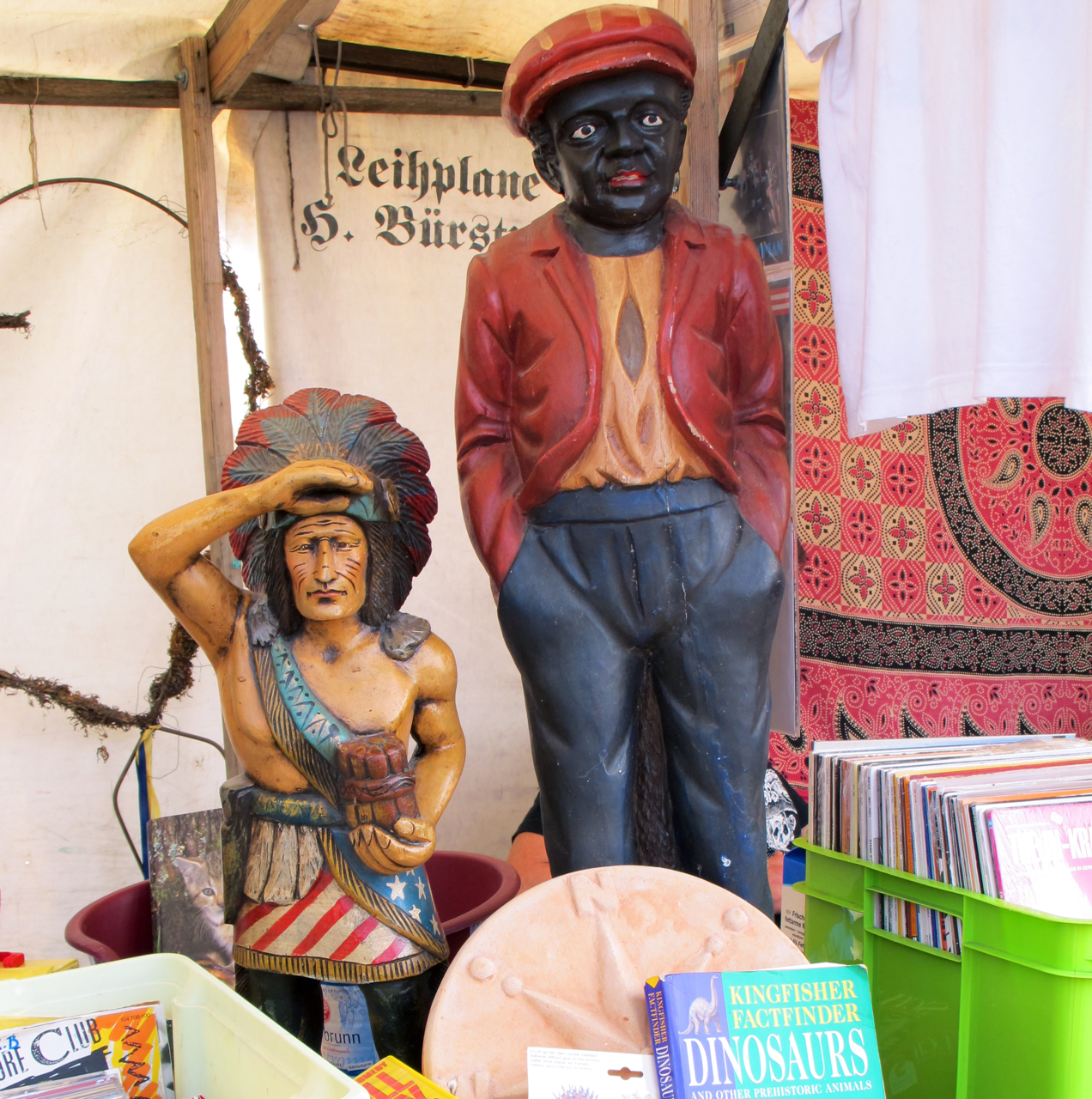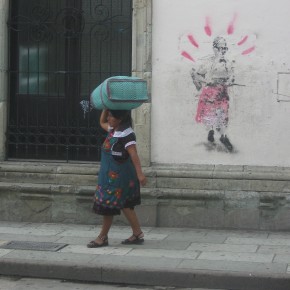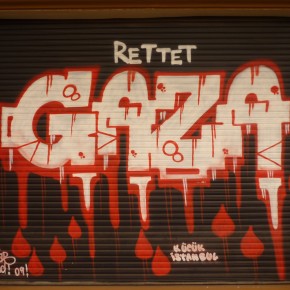Campaigns to reinforce public morality solidify weakening structures of oppression. Their existence is sufficient evidence of this point. Were public morals to meet the approbation of of the so-called authorities, there would be no need for such corrective efforts. But prescriptive morality is by nature a political tool, meaning that supposed general moral inadequacy is a function of its usefulness. The bigger the breakdown in morals, the stronger the remedies that can be advocated. Sodom’s fate becomes an example of the destruction visited on immorality, a fate to be avoided by strong-handed morality. For builders of a new moral order, contemporary Sodoms are at the brink of similar destruction. Proclaimed absence of public virtue represents an invitation for nationalists, theocrats, and political opportunists to advocate corrective strictures. Sodom was a pre-fascist state.
A new moral order offers new strength. Redemption is available for those who join and follow toward a promised vista. This is a selective offer of salvation, not a common grace, since those who defied the true and permanent moral order have their misdeeds or subversive presence memorialized by the crusade for society’s redemption. Building a triumphant new strength relies on memories of old weaknesses. Thus a moral crusade’s salvation is political. Although such civic and religious campaigns promise a shared common good, they are anti-democratic. Their version of social strength and cohesion rejects diversity, cultural compromise, equal human rights and entitlement. In contrast to democratic politics that view equality as foundational to a just society, the politics of moral campaigns treat it as a set of problematic or unacceptable claims. Civic redemption will arrive through scapegoating and exclusion, not inclusion. For moral crusaders, democracy is the equivalent of mob rule.
Those building new moral orders build them upon unwilling subjects – women, immigrants, sexual minorities, ethnic minorities, and the economically marginalized working-class and impoverished elderly. This much hasn’t changed Moral crusaders build these fantasy orders through criminalization, deportation, economic deprivation, homelessness, health care denial, anti-equality legislation, anti-choice and anti-sex movements, and a wide range of repressive measures. Prisons become the new houses of worship for massive congregations of the excluded. Oppression breeds anger among the subjects of exclusion. Yet moral crusades feed from the anger of repressed subjects, finding further cause for repression. A cycle emerges of repressive political action, resistance and rebellion by those dispossessed of equality and human dignity, followed by campaigns on behalf of renewing public morality.
At a recent Texas prayer rally convened by Governor Rick Perry, currently the leading Republican candidate for the US presidency, the arch-conservative pursued a theocratic rationale for his prayer:
Father, our heart breaks for America. We see discord at home. We see fear in the marketplace. We see anger in the halls of government. And as a nation we have forgotten Who made us, Who protects us, Who blesses us, and for that we cry out for Your forgiveness.
In Perry’s vision, the entire public sphere has been shattered and chaos has erupted. The unifying presence of God has been neglected and forgotten. The future can be preserved only by remembering and honoring a Christian concept of divinity that promises redemption and salvation. This prayer establishes a moral and political cause within the same words. It is the advent of another moral crusade that has come to define a dominant form of political action in contemporary neoliberal societies. These ‘new moral orders’ are old not new, are exploitative not moral, and are predatory and not a just order. They are Sodom with a fresh coat of paint.
Photograph by Joel Schalit





